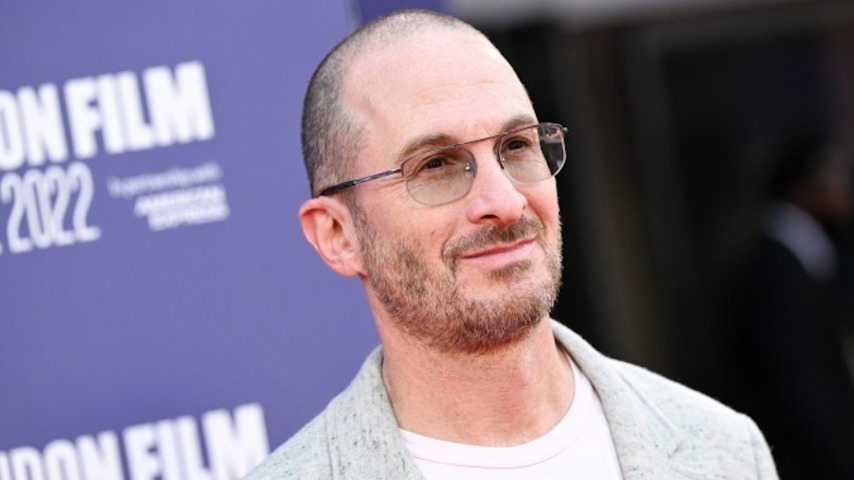In a statement, Aronofsky uses the same “let’s get ahead of it” language we’ve seen time and time again from his peers. “Filmmaking has always been driven by technology. After the Lumiere Brothers and Edison’s ground-breaking invention, filmmakers unleashed the hidden storytelling power of cameras,” he said. “Later technological breakthroughs—sound, color, VFX—allowed us to tell stories in ways that couldn’t be told before. Today is no different. Now is the moment to explore these new tools and shape them for the future of storytelling.”
To compare AI to the advent of the camera feels… generous, but Aronofsky is all in. The partnership has already given rise to one short film, titled Ancestra, which is set to premiere at the Tribeca Film Festival on June 13, followed by a panel moderated by Aronofsky. Director Eliza McNitt used a combo of human actors and AI to visualize her own birth, which she reportedly accomplished by feeding Google’s tools her own baby pictures as well as photos taken by her late father. “With Ancestra, I was able to visualize the unseen, transforming family archives, emotions, and science into a cinematic experience that feels both intimate and expansive,” she said. You can watch the trailer, if you so choose, here.
Even if you take a pass on this one, there’s more like it coming. Aronofsky isn’t the first filmmaker to dive headfirst into AI like this. Natasha Lyonne recently shared that her directorial debut would be a “hybrid film” combining live action and AI, horror studio Blumhouse announced that it was partnering with Meta to make AI-assisted short films last year, and the next month, James Cameron joined the board of an AI firm (with ex-Facebook exec Sean Parker, no less). “Now, the intersection of generative AI and CGI image creation is the next wave,” the Avatar director said of his decision. In time, that wave might get so big that it drowns the whole industry.

 Keep scrolling for more great stories.
Keep scrolling for more great stories.
